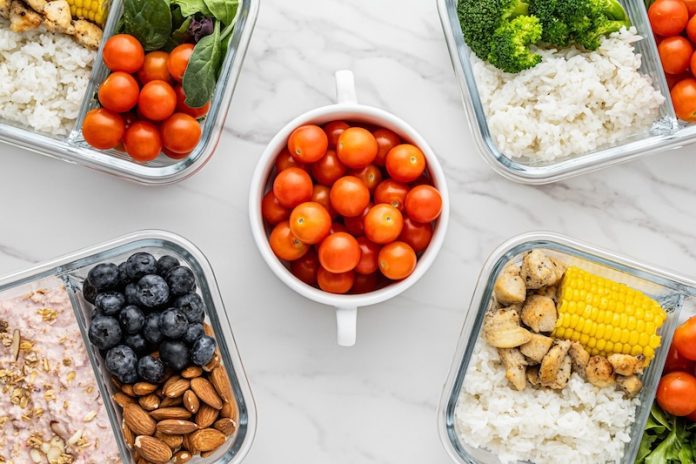
High blood pressure, or hypertension, is a common health concern that affects millions of people worldwide. It’s often called the “silent killer” because it can lead to serious health issues like heart disease, stroke, and kidney problems without any noticeable symptoms.
The good news is that you can take control of your blood pressure through a heart-healthy diet. In this review, we’ll explore how your food choices can play a pivotal role in maintaining healthy blood pressure.
Blood pressure measures the force of blood against the walls of your arteries. When it’s consistently too high, it can strain your heart and blood vessels, putting your health at risk.
Hypertension can be influenced by various factors, including genetics, lifestyle, and diet. While medication may be necessary for some, adopting a diet that promotes healthy blood pressure can benefit everyone.
The DASH Diet: Dietary Approaches to Stop Hypertension
The DASH diet is a well-researched dietary plan designed to lower blood pressure. It emphasizes foods rich in essential nutrients while limiting sodium intake. Here are some key components of the DASH diet:
Fruits and Vegetables: Aim to fill half your plate with colorful fruits and vegetables. These foods are packed with potassium, magnesium, and fiber, all of which support healthy blood pressure. They also contain antioxidants that help protect your blood vessels.
Whole Grains: Opt for whole grains like brown rice, whole wheat bread, and oats instead of refined grains. They are a good source of fiber, which aids in maintaining stable blood pressure.
Lean Proteins: Choose lean sources of protein, such as poultry, fish, and legumes (beans, lentils, and peas). These proteins are lower in saturated fat, which can help manage blood pressure.
Dairy: Opt for low-fat or fat-free dairy products, like yogurt and milk. They provide calcium and protein without the added saturated fat found in full-fat dairy.
Nuts, Seeds, and Legumes: Incorporate these into your diet for added nutrients and healthy fats that can contribute to lower blood pressure.
Limit Sodium: Reducing sodium intake is a crucial aspect of the DASH diet. Avoid highly processed foods, canned soups, and excessive use of table salt. Fresh herbs and spices can be excellent sodium alternatives for flavoring your meals.
Research Evidence
Studies have consistently shown the effectiveness of the DASH diet in lowering blood pressure:
The DASH-Sodium Trial: This landmark study found that reducing sodium intake while following the DASH diet led to even greater reductions in blood pressure, especially in individuals with hypertension.
Meta-Analyses: Multiple meta-analyses of randomized controlled trials have confirmed that the DASH diet significantly reduces both systolic and diastolic blood pressure.
Long-Term Benefits: Beyond immediate blood pressure reduction, the DASH diet has been associated with a decreased risk of developing hypertension over time.
Other Heart-Healthy Food Choices
While the DASH diet provides a structured framework for healthy blood pressure management, several individual foods have also shown promise:
Beets: These vibrant root vegetables are high in nitrates, which can help relax blood vessels and improve blood flow, potentially lowering blood pressure.
Berries: Blueberries, strawberries, and raspberries contain compounds called anthocyanins that have been linked to lower blood pressure.
Fatty Fish: Salmon, mackerel, and trout are rich in omega-3 fatty acids, which can reduce inflammation and support cardiovascular health.
Garlic: This pungent bulb has been associated with blood pressure-lowering effects and may help relax blood vessels.
Conclusion
Maintaining healthy blood pressure is essential for your overall well-being and longevity. While factors like genetics and physical activity play a role, your food choices can significantly impact your blood pressure levels.
The DASH diet, with its emphasis on whole, nutrient-rich foods and limited sodium intake, is a well-established dietary approach for hypertension management.
Incorporating heart-healthy foods like fruits, vegetables, whole grains, lean proteins, and specific blood pressure-lowering foods into your diet can contribute to better blood pressure control.
Remember that consistency is key, and making these food choices part of your daily life can lead to lasting improvements in your heart health. By nourishing your heart with the right foods, you take a vital step toward a healthier, happier life.
Follow us on Twitter for more articles about this topic.
Copyright © 2023 Scientific Diet. All rights reserved.





